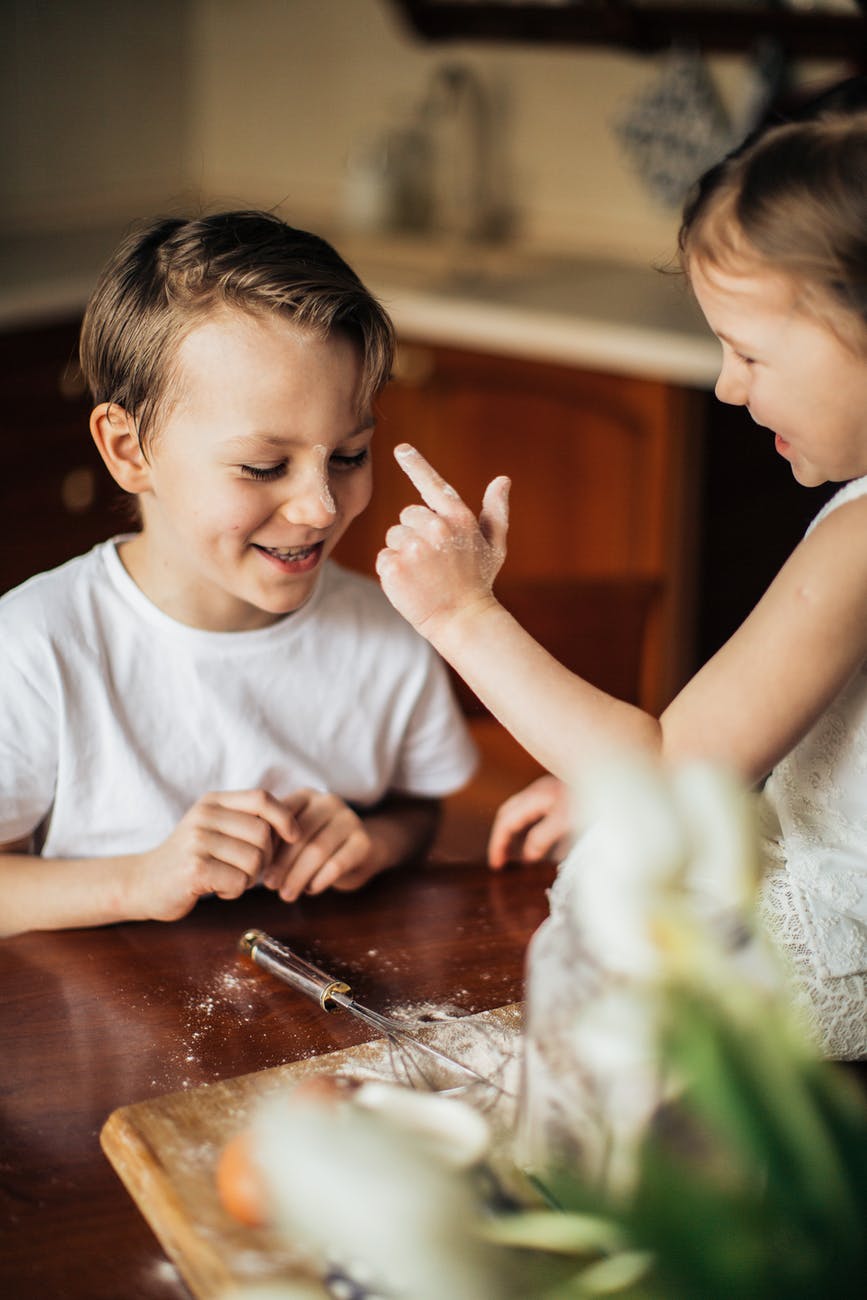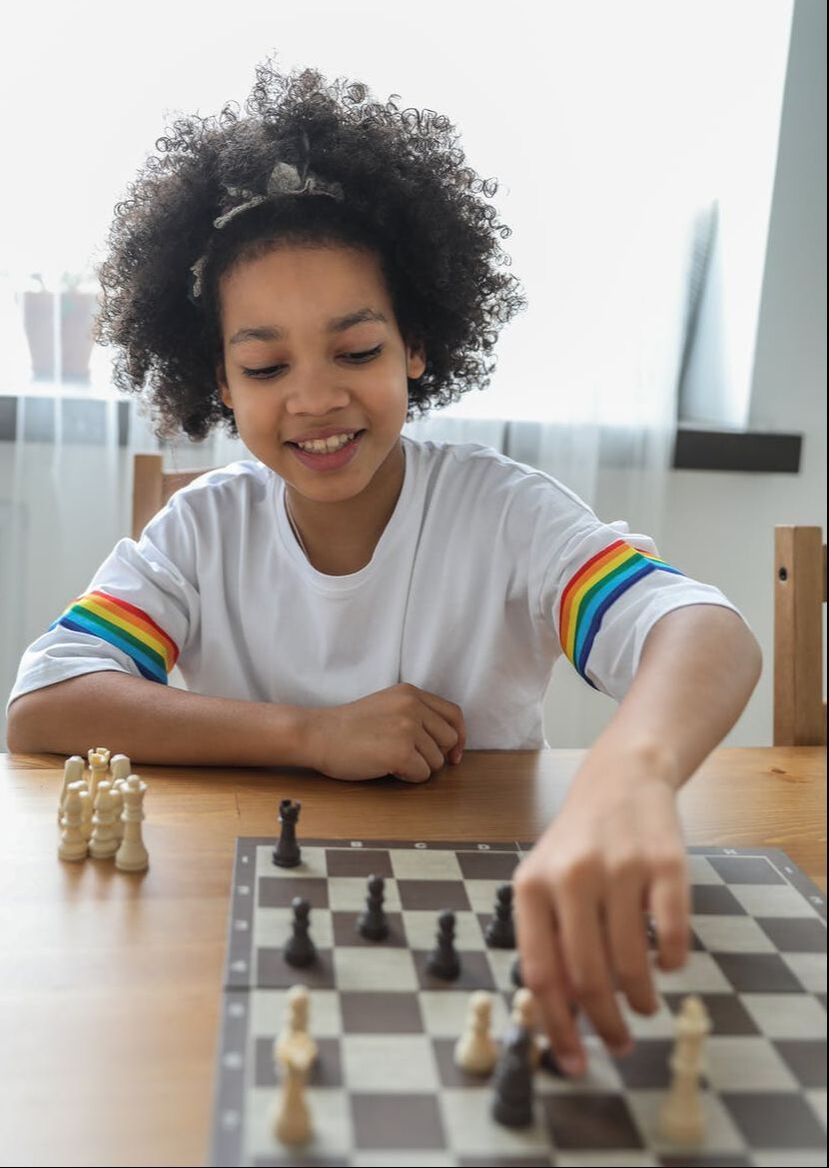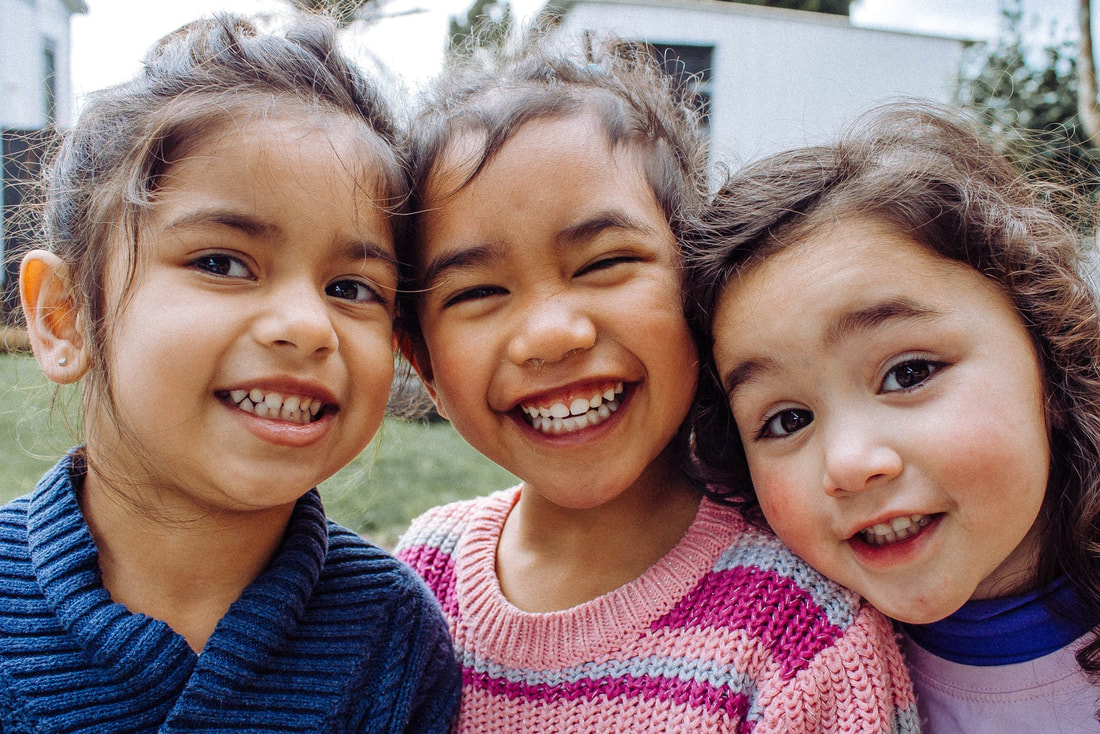Moving is always a stressful experience. For families with special needs children, moving can be especially stressful. Children with autism can often feel anxious about the move and the moving process. Here is a blog roll of some articles to help you to navigate moving with a child with special needs, particularly autism.
1. The 10 Best Tips for Long Car Rides with Kids With Sensory Issues
2. Autism Social Story: Preparing to Move to a New House
3.Moving With Autism
4. A New School: Easing the Transition










